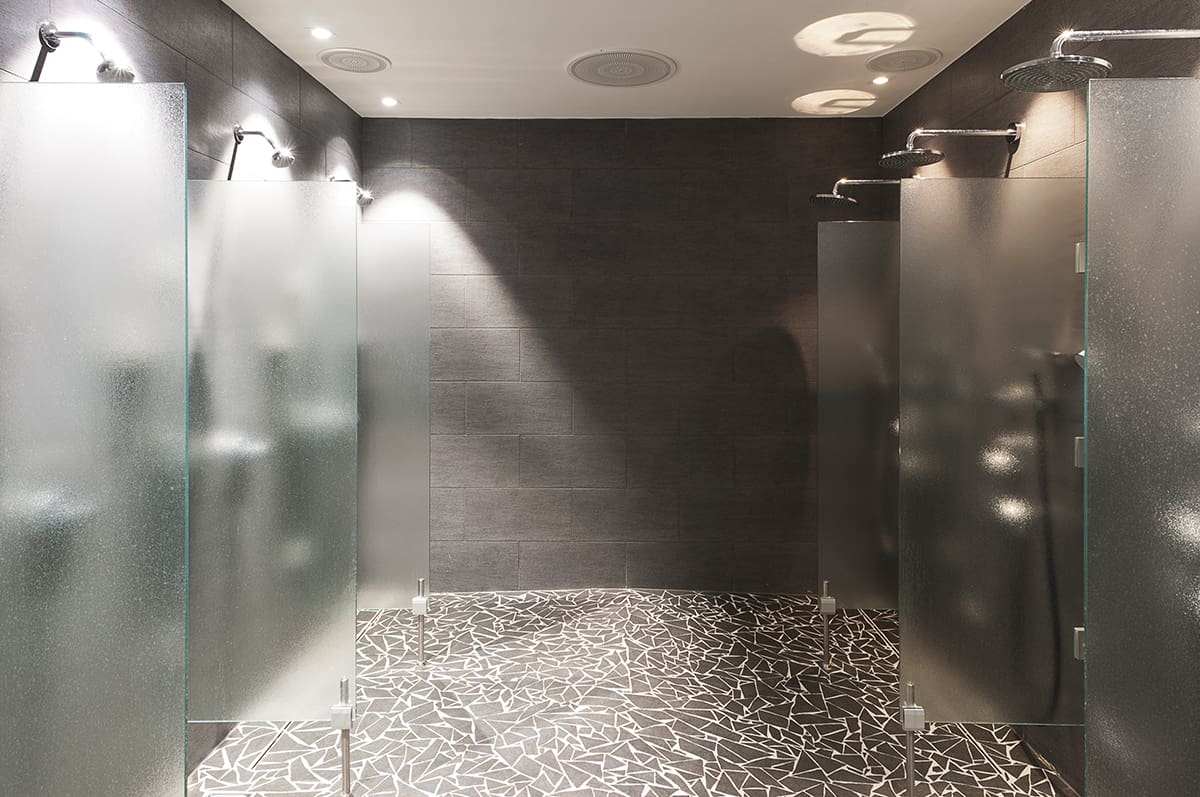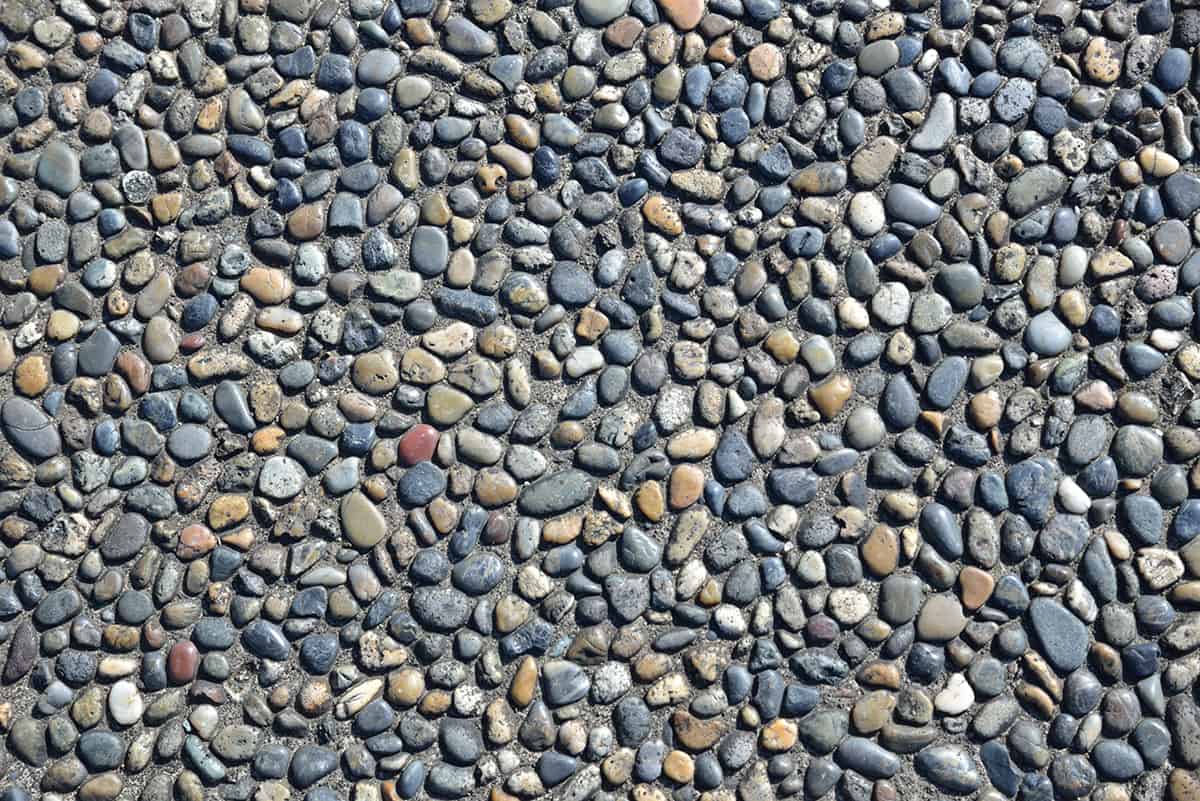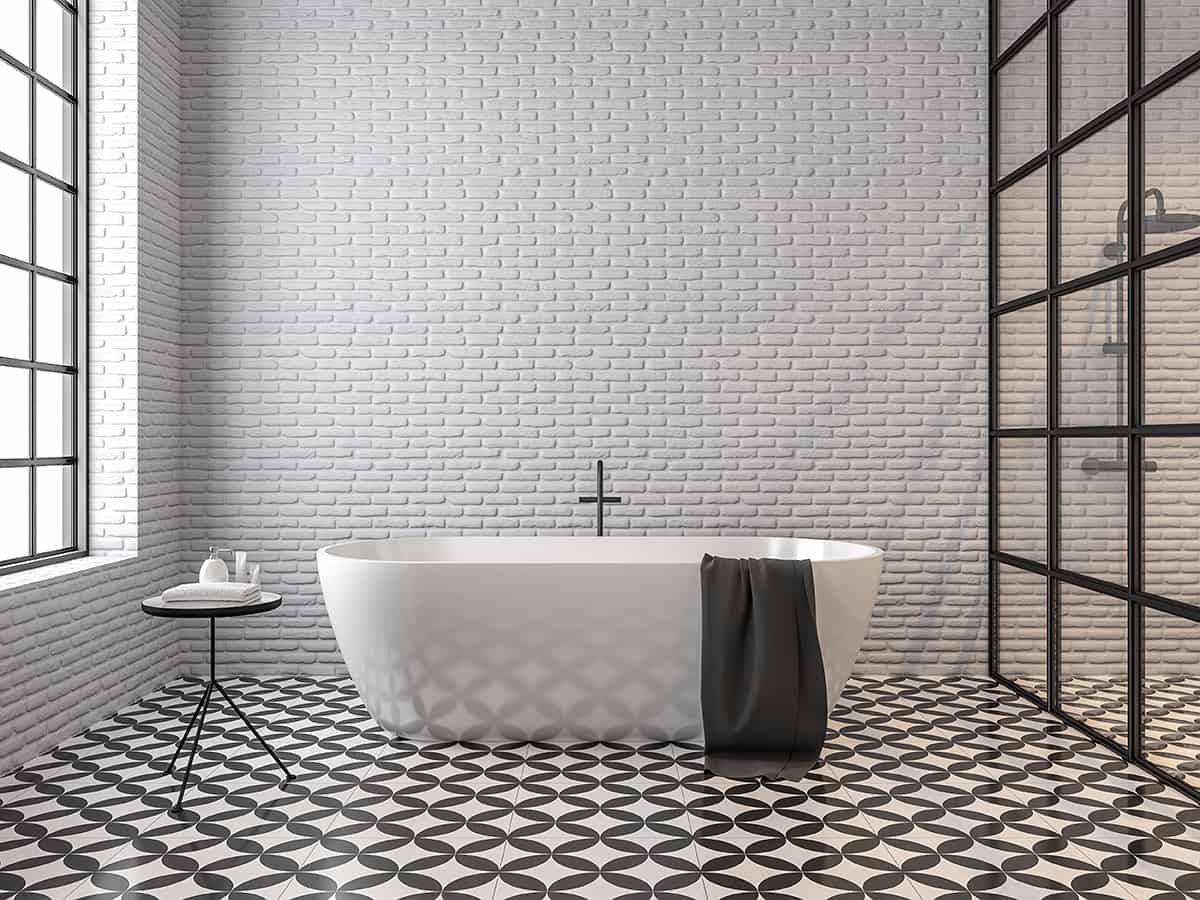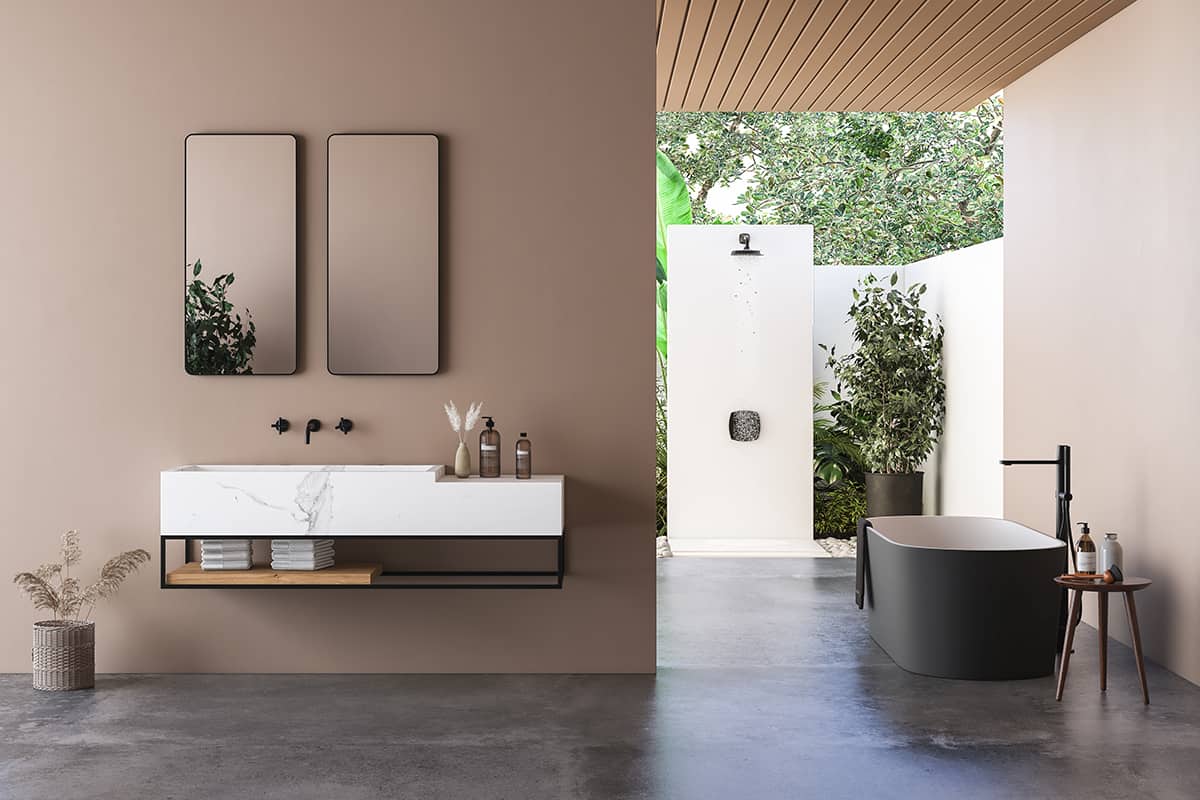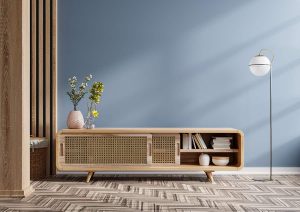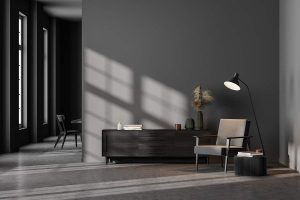Epoxy is a great choice for your bathroom if you want a floor that’s hard-wearing and durable, but it may not be ideal for your budget or aesthetic. The material comes at an additional cost, so think carefully about whether it’s worth the investment.
Epoxy can also be difficult to clean, prone to scratching, and requires special equipment or training to apply properly.
Should You Epoxy a Shower Floor?
If you’re wondering whether or not you can epoxy a shower floor, the short answer is yes. In theory, at least. Epoxy is a great way to seal and waterproof your shower floors if that’s what you want. However, there are some drawbacks to consider before making the decision to use epoxy for your shower flooring project.
If you choose not to use epoxy on your shower floor but instead install some other type of flooring material like tile or stone (or even wood), this will help keep water from getting into the grout between tiles and stones in order to prevent mold from growing inside of them over time (especially if they contain any moisture).
A commercial setting where constant heavy traffic occurs, such as factories where workers walk across concrete floors all day long, may benefit more greatly from using solid sheet materials such as glass panels versus porous ones like ceramic tiles, which collect dirt quickly after being walked on repeatedly over several hours per day by many different people who aren’t wearing shoes while at work.
If you choose to epoxy, there are some timeless epoxy flooring colors that you can also choose to improve the aesthetics and value of your house.
Pros and Cons of Epoxy Floors
Pros: Look, cleanliness, eco-friendly, durable, easy installation
Epoxy flooring can be made to look like stone, marble, and terrazzo. And it’s so durable that it won’t show scratches or scuffs like a hardwood floor would. Epoxy floors are also easy to clean because they’re waterproof and anti-static, which means they don’t collect dust or dirt like other types of flooring do.
Since epoxy is nonporous, this type of flooring does not absorb moisture from spills or humidity in the air, which makes it ideal for high-traffic areas such as corridors or entryways where people often take off their shoes before entering your home.
Another benefit is that you can choose between an eco-friendly version with low VOCs (volatile organic compounds) or one made from recycled materials if you want something environmentally friendly.
Epoxy floors are durable and long-lasting. You can expect your epoxy to last 20 years or more. Epoxy is known for its resistance to chemicals, oils, acids, and other corrosive materials; it makes a great option if you have pets or children in the home. Because of this durability, epoxy is also easy to clean!
Epoxy flooring installation only takes a few days—and it’s not difficult to install yourself at home with help from online tutorials (or even YouTube videos!).
Con: It can crack
A cracked epoxy floor is not a pretty sight. It’s also not something you want to live with, or worse, have to pay someone else to fix it for you. However, if your floor does crack and needs repair, here are some steps that can help:
- Clean the area thoroughly before using a patch kit. This will help ensure that the new material bonds properly with your existing flooring without sticking out like an obvious patch job.
- If you’re using an epoxy repair kit, apply it according to the directions on the package and allow it to cure overnight before walking on it or installing furniture back onto it. This allows time for any bubbles that might form in between layers of material (which would make them more visible) to pop out as well as drying completely so that there aren’t any loose edges where dirt could get trapped underfoot later on down the road—or when walking over hardwood floors covered up by carpets!
Materials for a Shower Floor
If you’re not sure you want to use epoxy, here are some options to consider.
Pebble stone
Pebble stone is a great option if you want to create a natural look in your shower floor, but it might not be the best option if you plan on keeping the space clean often.
Pebble stone has a porous surface that makes it more likely to trap dirt and mold than other materials. This can make cleaning up after yourself (or others) extra work. Pebble stone is also more expensive than other options, so consider whether or not this feature is worth the added cost before making your decision.
Pebble stones come in many different colors, which adds variety to your shower design.
Tile
Tile is a great option for shower floors. It’s waterproof and hard-wearing, so it will last for years to come. Tile comes in many types, such as ceramic, porcelain, or stone; the most common type of tile you’ll see for bathrooms is ceramic or porcelain tiles.
They’re affordable and not too difficult to install yourself (though if you want a professional job done right, hire one!).
You can expect to spend anywhere from $5-$20 per square foot on your flooring choice, depending on what kind of material it is made out of and how much space you need to be covered
Concrete
Concrete is a durable flooring option that can be designed to fit any space. It can be textured and stained in many different colors, polished for a shiny finish, or left in its natural state with no stain or sealant.
Concrete floors are easy to clean and maintain because they’re impervious to moisture. They’re also fireproof and will not support mold growth (as opposed to wood floors). Since concrete has a high thermal mass, it keeps your room cooler by absorbing heat during the summer months and releasing it back into your home during the winter months.
A more modern type of concrete is called “exterior-grade” since it’s strong enough to withstand weather elements such as rain, sleet, snow — even hail if you live somewhere where that happens!
If you have pets who might scratch at the surface of your flooring material, then exterior grade might be right up your alley because it’ll keep them at bay long enough for their claws not to damage anything underneath too badly…
Wood
Wood is a popular choice for flooring but not for shower floors. Wood absorbs water, which means that it could rot on your shower floor. Wood is also slippery when wet.
If you choose wood for your bathroom floor, be sure to install a lip by the walls so that water does not splash onto the walls or floor of your bathroom.
Wood is an expensive choice for a shower floor because it needs to be sealed properly and waterproofed with products such as polyurethane or linseed oil before installation.
